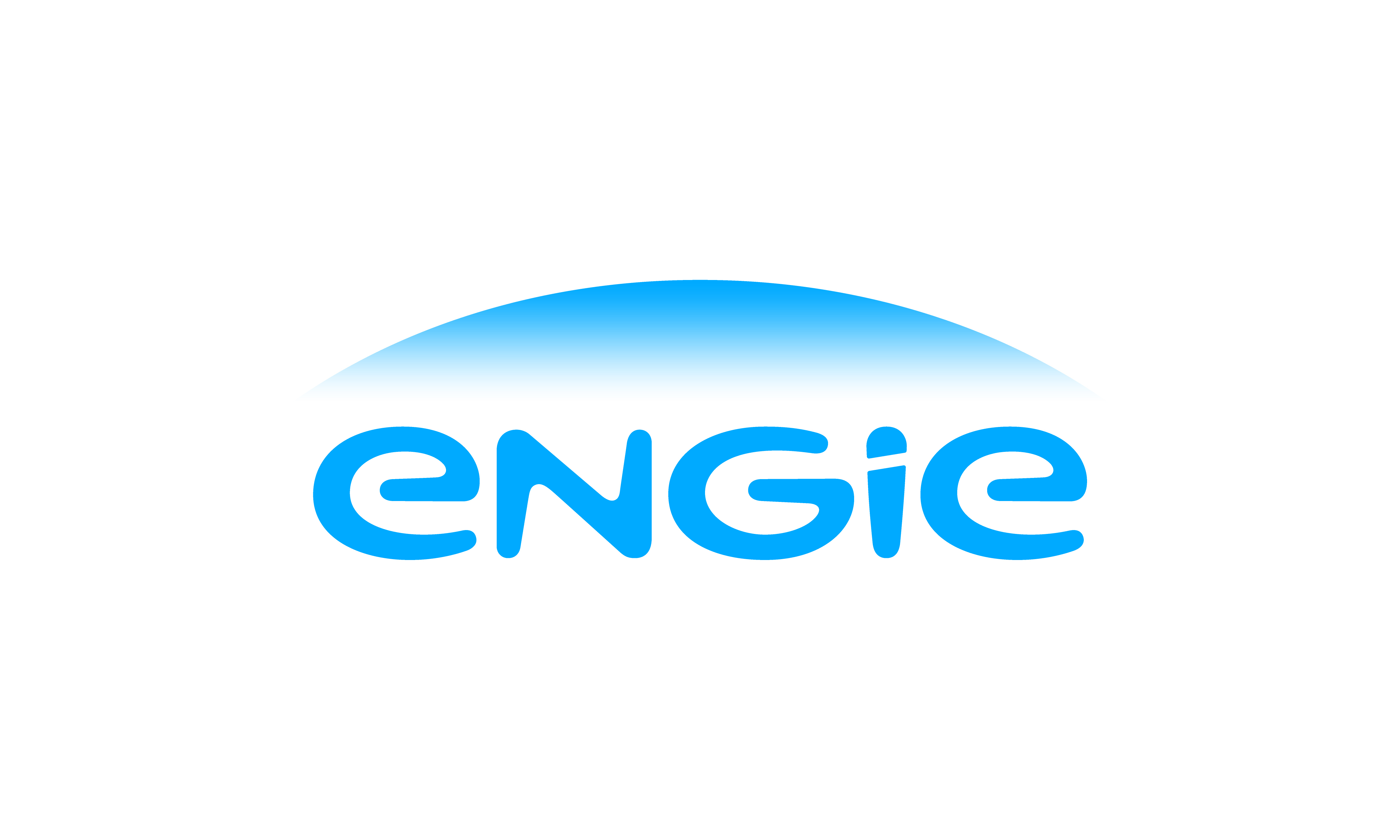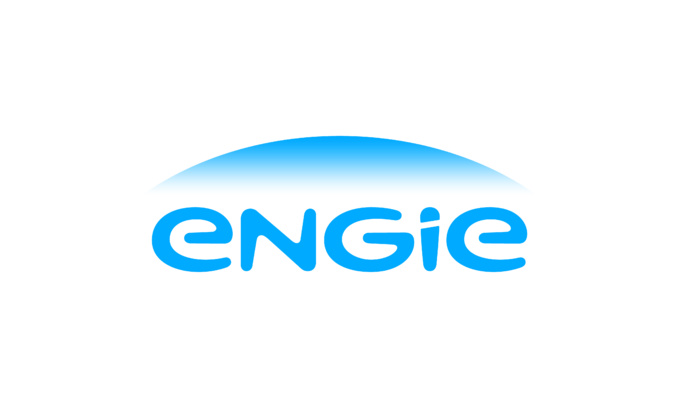"The Commission has a reason to believe that some of decision of Luxembourg’s tax authorities, contrary to the EU rules of the state support, could give GDF Suez an unfair advantage over other companies" - said the European Commission in a statement.
According to preliminary estimates of the EC, decisions of Luxembourg could provide GDF Suez with tax benefits not available to other companies, subject to the same tax rules.
"We will carefully study the tax decisions awarded in Luxembourg to GDF Suez. It seems that they are contrary to the national taxation rules, and allow GDF Suez to pay less than other companies", - explained European Commissioner for competition Margrethe Vestager, quoted by press service of the EC.
The investigation includes several subsidiaries of GDF Suez group, created in Luxembourg.
In early August, it became known that partners in "Nord Stream - 2" twin pipeline system (Engie, Gazprom, OMV, Shell, Uniper and Wintershall) decided not to create a consortium in Poland. The union was opposed by the Polish anti-monopoly regulator UOKiK.
Earlier, it was reported that Engie plans to cut about 1,150 jobs, or about 20% of the staff of various support services in France, according to L'Expansion. The company’s LNG unit can record annual loss after a slump in the first half of the year.
Engie, in particular, plans to cut 600 jobs at its call-centers, 250 - in the sales department, 200 - in the IT-department, and possibly about 100 jobs in the trade division. The company, however, is not commenting on this information.
LNG industry in Europe is now in a difficult situation due to low gas prices and excess capacity of LNG terminals.
As of the end of 2015, the total number of Engie employees worldwide amounted to 155 thousand people, of whom 74 thousand were located in France.
Earlier this year, the company announced its intention to cut costs by € 1 billion by 2018.
Luxembourg is a small country with a population of only 550 thousand inhabitants. However, there are about 50 thousand companies, many of which are part of multinational corporations. Low taxes is what they find attractive in Luxembourg.
Foreign companies in Luxembourg have access to tax incentives and holding structures, through which they can reduce their tax payments to almost zero. Often, they also do not pay (or pay, but very small) taxes on royalties, dividends, interest, income from liquidations or capital gains.
Tax policy in the European Union is still in the competence of individual states. Many of them see favorable prospects for attracting foreign investment, thus offering the most favorable conditions for the multinationals. Due to these conditions, Luxembourg is gradually becoming an international financial center.
Recently, this issue has received enough attention. The reason was scandalous proceedings with such giants as Amazon, Starbucks, Google, Fiat Chrysler Automobiles. In recent years, the EU has been carrying out investigations to find whether any of Luxembourg’s deals with Amazon and Fiat Chrysler Automobiles violated rules for state subsidies of individual companies.
Under scrutiny are also Ireland and the Netherlands, suspected of creating special privileged conditions for individual companies.
source: ft.com
According to preliminary estimates of the EC, decisions of Luxembourg could provide GDF Suez with tax benefits not available to other companies, subject to the same tax rules.
"We will carefully study the tax decisions awarded in Luxembourg to GDF Suez. It seems that they are contrary to the national taxation rules, and allow GDF Suez to pay less than other companies", - explained European Commissioner for competition Margrethe Vestager, quoted by press service of the EC.
The investigation includes several subsidiaries of GDF Suez group, created in Luxembourg.
In early August, it became known that partners in "Nord Stream - 2" twin pipeline system (Engie, Gazprom, OMV, Shell, Uniper and Wintershall) decided not to create a consortium in Poland. The union was opposed by the Polish anti-monopoly regulator UOKiK.
Earlier, it was reported that Engie plans to cut about 1,150 jobs, or about 20% of the staff of various support services in France, according to L'Expansion. The company’s LNG unit can record annual loss after a slump in the first half of the year.
Engie, in particular, plans to cut 600 jobs at its call-centers, 250 - in the sales department, 200 - in the IT-department, and possibly about 100 jobs in the trade division. The company, however, is not commenting on this information.
LNG industry in Europe is now in a difficult situation due to low gas prices and excess capacity of LNG terminals.
As of the end of 2015, the total number of Engie employees worldwide amounted to 155 thousand people, of whom 74 thousand were located in France.
Earlier this year, the company announced its intention to cut costs by € 1 billion by 2018.
Luxembourg is a small country with a population of only 550 thousand inhabitants. However, there are about 50 thousand companies, many of which are part of multinational corporations. Low taxes is what they find attractive in Luxembourg.
Foreign companies in Luxembourg have access to tax incentives and holding structures, through which they can reduce their tax payments to almost zero. Often, they also do not pay (or pay, but very small) taxes on royalties, dividends, interest, income from liquidations or capital gains.
Tax policy in the European Union is still in the competence of individual states. Many of them see favorable prospects for attracting foreign investment, thus offering the most favorable conditions for the multinationals. Due to these conditions, Luxembourg is gradually becoming an international financial center.
Recently, this issue has received enough attention. The reason was scandalous proceedings with such giants as Amazon, Starbucks, Google, Fiat Chrysler Automobiles. In recent years, the EU has been carrying out investigations to find whether any of Luxembourg’s deals with Amazon and Fiat Chrysler Automobiles violated rules for state subsidies of individual companies.
Under scrutiny are also Ireland and the Netherlands, suspected of creating special privileged conditions for individual companies.
source: ft.com



















